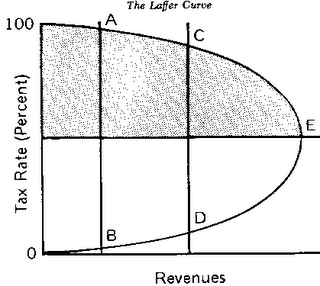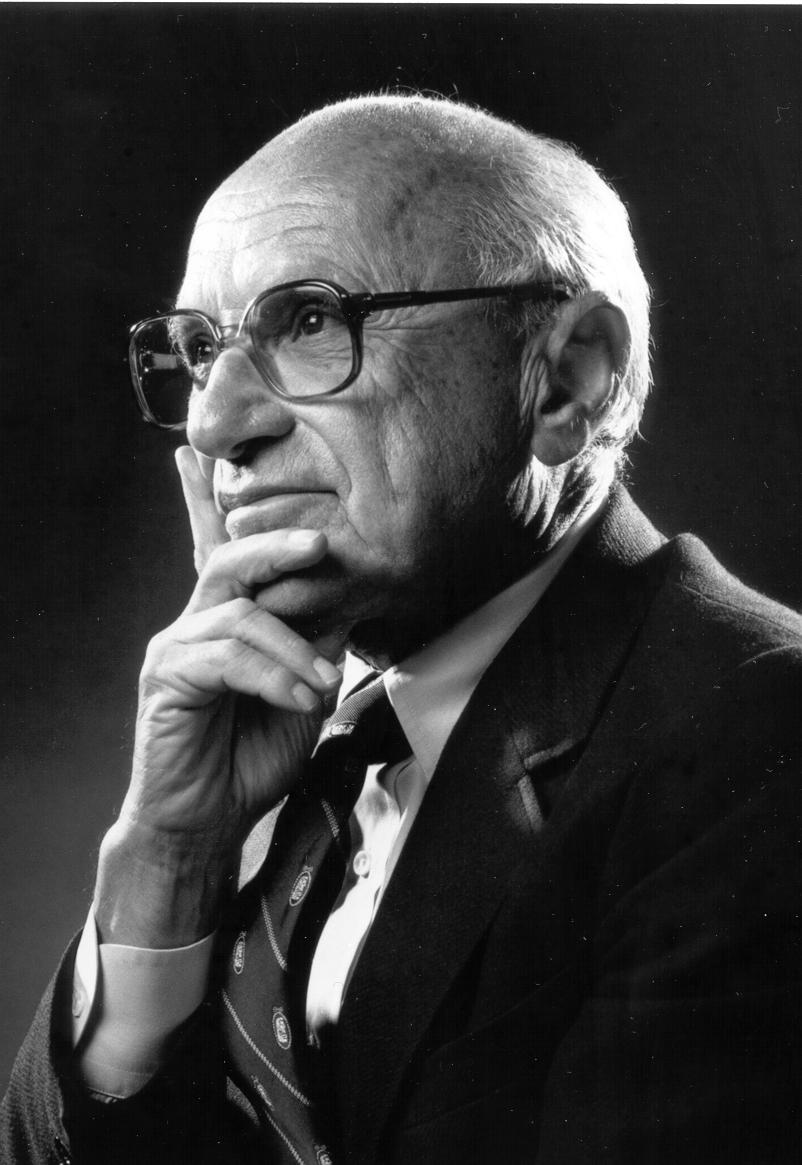First I must analyze what Vilsack has to say. He starts out with
While some businesses in my own state of Iowa are excited at the opportunity to export their products to new markets, powerful new competitors are challenging US economic leadership, threatening the nation’s growth and exposing Americans to a new kind of insecurity.Mr. Vilsack wants us to believe that globalization will only help American exporters. The United States MUST be the economic leader. For a Democrat, that idea is not very democratic (small d) or liberal. Then he states that competition threatens our growth and creates insecurity. Competition is what makes capitalism great. Competition forces one to work harder, think outside the box, charge lower prices to your customer. Without competition, we would be stuck with inefficient monopolies like Mexico where the entire southern part of the country lives in near to total poverty.
Next, Mr. Vilsack discusses how he thinks the government should fight this competition. He organizes them into four pillars. The first...
We should create a “supersized” tax credit for research and experimentation, and establish a network of university-based venture capital funds to finance loans for start-up companies willing to find commercial applications for scientific and technological advances. We should also foster a new generation of scientists and engineers by establishing a national network of 250 publicly financed but independent science and technology academies.This supersized tax credit is little more than a handout by the government for research. To make this proposal even better, let's have FEMA decide what kind of research we will fund. Then he states that we need a new fund a venture capital firm, a government sponsored one. Now we will have government deciding which companies deserve to be lifted off the ground. Sounds like China or Korea. Lastly, he proposes 250 new schools to be financed by who? Yes, you guessed it, the same government that is running a deficit.
Next suggestion...
The Universal Pension sounds like the personal accounts that President Bush talks about. While I believe Social Security promotes a lack of savings and destroys economic freedom of investment choices, Bush's ideas on Social Security are a step in the right direction. I highly doubt that Mr. Vilsack believes this universal pension contain individual investment choice. He probably thinks Americans are too stupid to decide how to invest their money.
It is time to provide transitional health insurance for all unemployed workers and create a new “universal pension” that can be carried from job to job.
Vilsack goes on to suggest that America should tighten its labor market with new laws and welfare payments that will in my view increase unemployment and widen the government's deficit...
We should cut through the bureaucracy and offer dislocated workers access to money for skills training, while modernising and expanding eligibility for unemployment insurance and trade adjustment assistance such as skills training. We also need to modernise labour laws to preserve the eroding ability of workers to form unions and bargain collectively for wages and benefits. This new compact for worker security is a worthy project that should unite all progressives and all Democrats.With humor I provide Mr. Vilsack's next target which is the deficit. Hypocrisy follows...
Mr. Vilsack ends with the following...
Restoring fiscal sanity in Washington means dealing with a deficit crisis that represents a permanent handicap for our economic competitiveness, a threat to the prosperity of future generations and a dangerous dependence on creditor nations.
Surrendering to global competition is immoral and unpatriotic; pretending it can be made to go away is an illusion. Americans must do what they have always done in changing times: use their brain power to adapt and succeed.Interesting way to end. First, he attacks competition again. But I think he is saying that we need to take part in competition and not just waive a white flag. So I agree with him here. But the interesting part is that he tells Americans to use their brains to succeed. The unfortunate part of this apt statement is that the paragraphs that preceded it told Americans that only their government could save them from the evil force of globalization.



